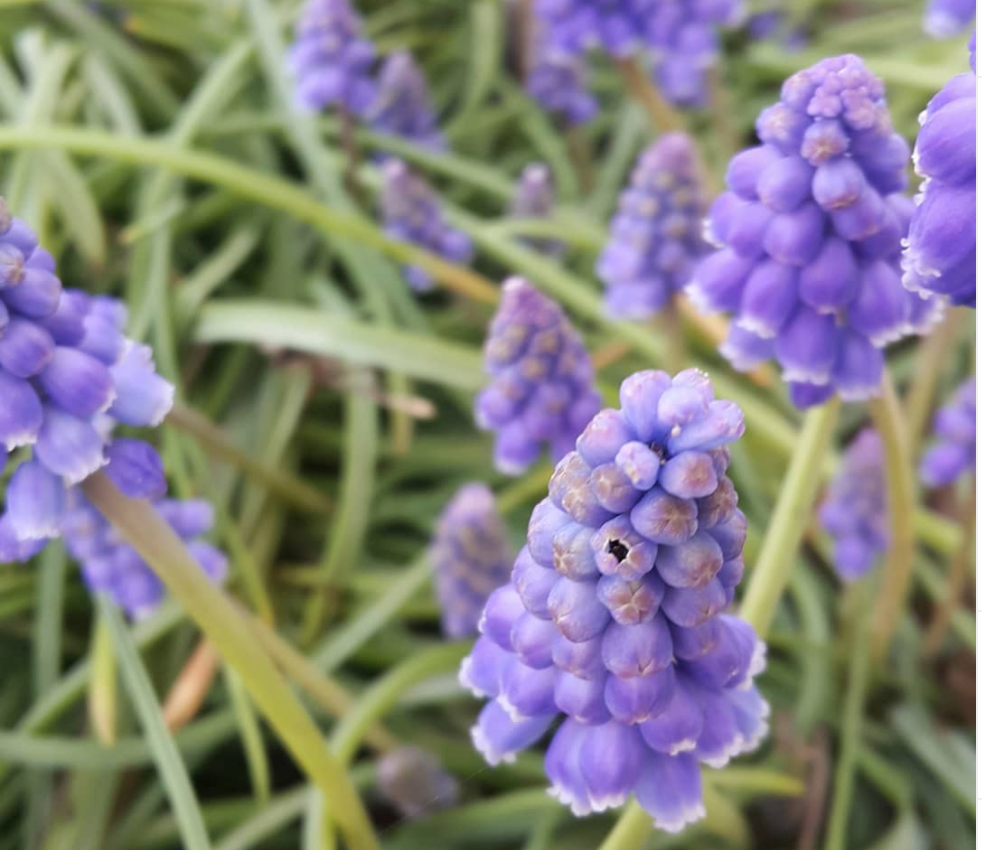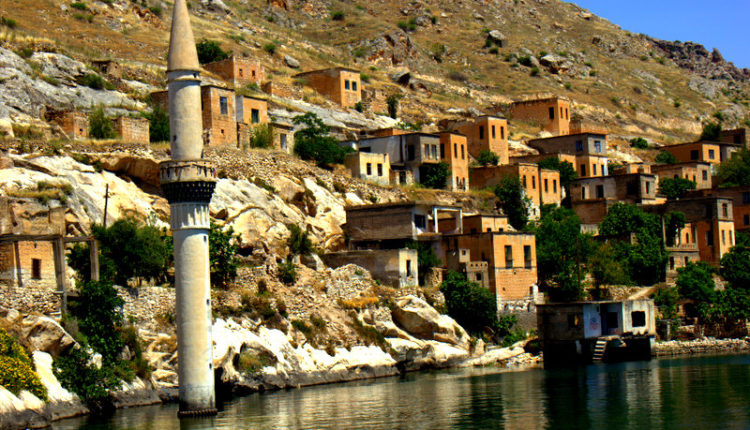Duvar English & Observatoire de la Turquie Contemporaine, March 12, 2021
Third Annual Fragrance Festival took place on the banks of the Euphrates River, in the city of Halfeti in southeastern Turkey, with experts joining from all different fields. Halfeti has a different microclimate climate than the rest of the region, and many fragrant plants grow in Halfeti as a result of the unique climate and soil factors.The festival aims to promote the rich fragrance culture of the city known for its black roses in the world and is held every year in the first weeks of March, when the endemic flower Mesopotamia Hyacinth begins to bloom.
In online sessions, Prof. Dr. Hasan Akan talked about Halfeti’s ethno-botanics, Fragrance Specialist Vedat Ozan spoke about the relationship between gastronomy and fragrance, Prof. Dr. Mehmet Önal talked about the musk shop found in the Harran excavations, and Perfumer Bihter Türkan Ergül about the fragrance culture in the Ottoman Empire. The walk on the fragrance trail was led by Süleyman Yıldız, a local healer, and academics from Harran University.

Fragrances, flowers are produced for centuries in the southeastern region of Anatolia where the ancient silk road is situated. Despite the conflicts faced by the region for many decades, the region is the growing ground for unique riches from fruits to pistachios to flowers. For instance, sociologue Neşe Özgen commemorates the roses of Nusaybin, a border town in the municipality of Mardin, sharing the border with Qamishli, Syria. In her article on the ancient town’s geopolitical border status over centuries « Nusaybin and the border » she writes: « In an article published in the American Journal of Pharmacy, in 1881, entitled « Rose Oil or Otto of Roses » Charles G.W. Lock writes that Nusaybin has been covered with rose champs in the 14th century. While listing all places, amounts and properties of roses that provided raw material for the rose oil produced in Europe for centuries, especially in Paris, he finds the names of two places praiseworthy for their roses of unique sent, longue stems and dark red colour: Roses of Bulgaria and Nusaybin ».
Nusaybin that has been the crossroad between east and west, north and east is now a closed town in the conflict area. Özgen mentions that the Syrian frontier has the most mines and wire netting among Turkey’s borders(2005) and resumes: « Would Nusaybin smell of that rose again? »


